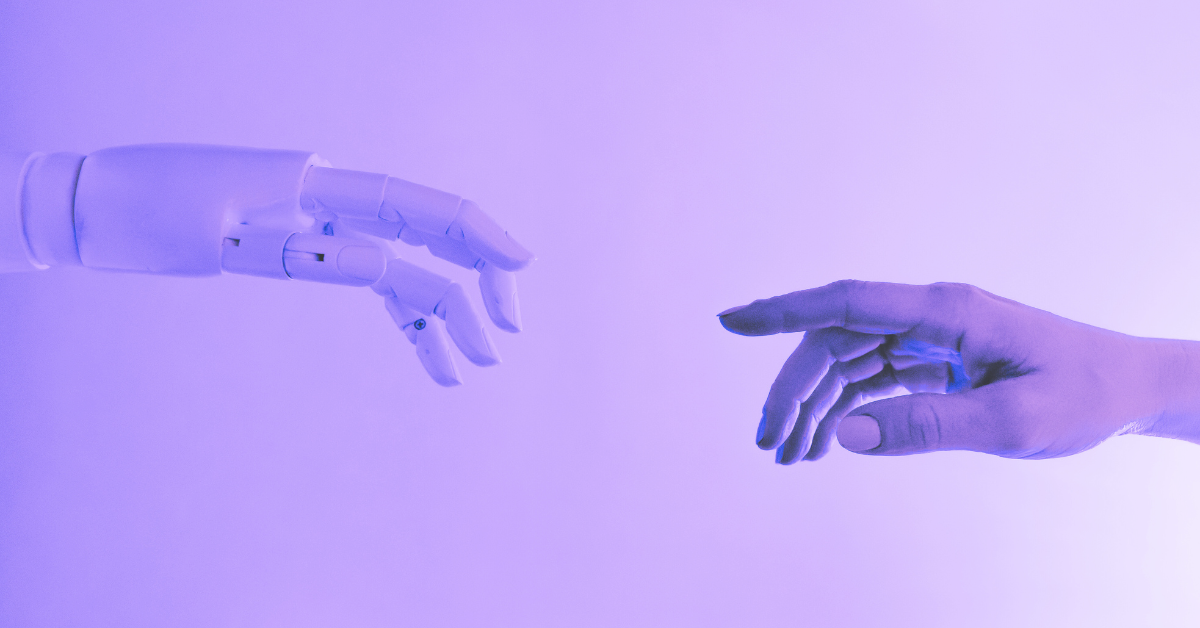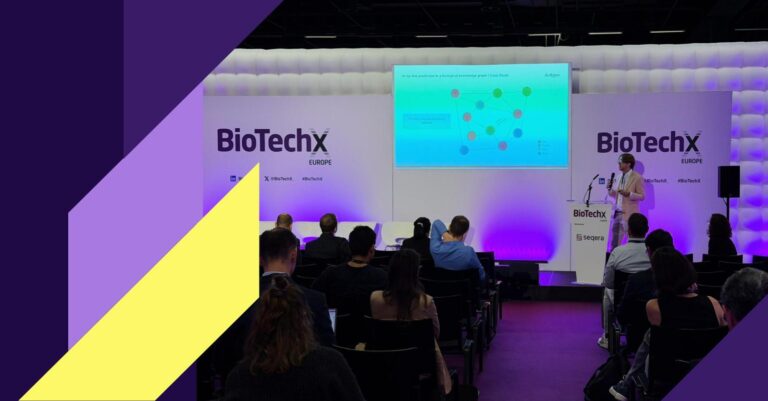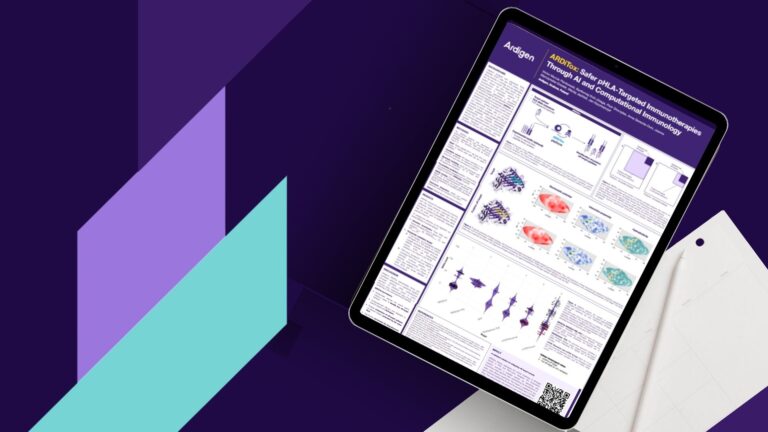Top market ‘AI in biotech’ stories
AlphaFold goes open-source, Mount Sinai opens a $100M AI research facility, and more
We’re introducing a new monthly series from Ardigen—your curated selection of the latest news in AI for biotech and pharma. In just 3–4 minutes, catch up on the innovations reshaping drug discovery and biomedical research. We’ll publish fresh insights on the second Tuesday of each month, so you can stay informed and inspired. Happy reading!
In today’s edition:
- 🤖 Google DeepMind’s AlphaFold 3 goes open source
- 🐁 AI helps reduce the number of animals in experiments
- 🏥 Mount Sinai’s $100M bet on AI
- 🧠 Neuralink expands brain implant horizons

Google DeepMind’s AlphaFold 3 goes open source
Google DeepMind has just made a game-changing move by releasing the source code and model weights of AlphaFold 3 for academic research. Demis Hassabis and John Jumper, the minds behind AlphaFold, were recently awarded the 2024 Nobel Prize in Chemistry for their breakthroughs in protein structure prediction.
source: VentureBeat
AI helps reduce the number of animals in experiments
Researchers at ETH Zurich are using machine vision and AI to reduce the number of mice used in laboratory experiments. Their AI-driven system automates video analysis of mouse behavior, a critical and time-consuming task in animal research, and provides a more accurate analysis with fewer animals.
source: ScienceDaily
Mount Sinai opens a $100M AI research center to transform healthcare
Mount Sinai Health System has launched the Hamilton and Amabel James Center for AI and Human Health in Manhattan, aiming to integrate AI with precision medicine. The $100-million research center will focus on improving diagnostics, patient care, and genomic discoveries by leveraging one of the largest medical data sets in healthcare.
source: Nature
Neuralink announces a new study using brain-computer interface to control robotic arm
Elon Musk’s Neuralink has unveiled a new CONVOY study, which aims to connect its brain-computer interface (BCI), the N1 implant, to a robotic arm. Building on the company’s PRIME trial, which already demonstrated how quadriplegic patients can use the implant to operate computers, the study seeks to explore how brain-computer interfaces can help paralyzed individuals regain physical freedom.
source: MobiHealthNews




